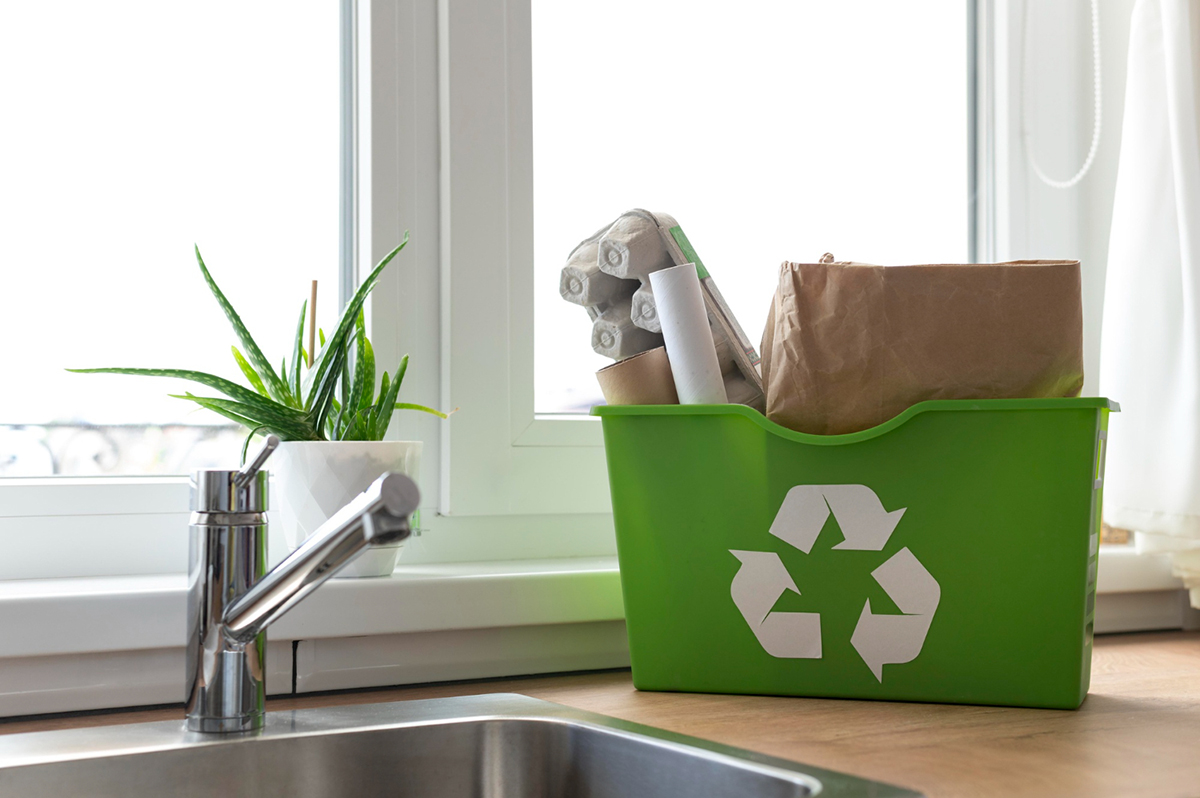

In this day and age, it's more important than ever to make conscious choices to help the environment. With a little bit of effort and creativity, we can all do our part to make our homes more eco-friendly. Not only is it good for the planet, but it can also save you money on your utility bills in the long run. In this blog post, we'll discuss practical tips to make your home more eco-friendly.
Water conservation is a crucial step to make your home more eco-friendly. One of the easiest and simplest ways to save water is to fix any leaks in your home. Leaks can occur in faucets, pipes, and water heaters. Additionally, invest in low-flow showerheads and toilets to conserve water.
Another practical way to make your home more eco-friendly is by changing your lighting. By swapping out your traditional light bulbs with energy-efficient ones such as LED bulbs, you can conserve energy and save money. These bulbs last longer, emit less heat, and are more durable than traditional ones.
Unplug any electrical items that are not in use, such as your laptop charger, printer, or toaster. Even if these devices aren't turned on, they still use energy when plugged in. Unplugging them can prevent "phantom energy" from being wasted and save you money on your utility bills.
Chemicals found in cleaning products contain harmful toxins that are not only bad for the environment but also your health. Use eco-friendly cleaning products to reduce your carbon footprint and create a healthier home environment. You can make your cleaning products using natural ingredients such as baking soda, vinegar, and lemon juice.
Recycling and composting are two simple ways to reduce waste and live a more eco-friendly lifestyle. Recycling ensures that your waste doesn't end up in landfills and that the materials used to produce the products can be reused. Composting involves breaking down organic material, which can then be used as fertilizer for your plants.
Making your home more eco-friendly doesn't have to be expensive or time-consuming; it just takes a little effort and conscious choices. By following these practical tips, you can reduce your carbon footprint, save money, and create a healthier home environment. Start small, and slowly integrate these tips into your routine. Every little effort counts towards creating a more sustainable future for the environment and ourselves. If you're looking for apartments for rent in Wilson, NC, contact Oasis at Heritage today to schedule a personal tour.